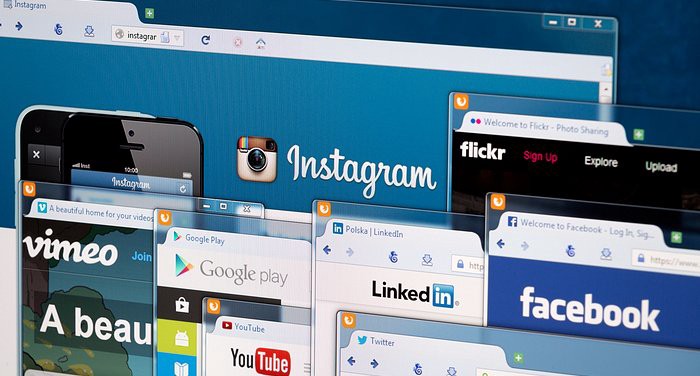
How Doctors are Leveraging Social Media Advertising to Help Inform & Educate
The internet has transformed the world, how we work, how we communicate, how we learn, and combined with the smartphone has revolutionized almost every kind of social and professional interaction we have. With such ease of communication with one, several or many people all at once, it is unsurprising that Doctors can see the possibilities for providing information and education to current and future patients.
Patients are using social media more and more, forming support groups and sharing information, and Doctors are starting to leverage the social media platforms to provide information and educate themselves. There are a number of things that social media can be useful for doctors, although because of the public expectation of behavior and standards for medical professionals, it can be a minefield. Choosing the right platform makes a real difference, but a blog or social media account such as Facebook can provide a permanent home for updates and information, including:
- Keeping others informed of health situations and action that needs taking, such as a viral outbreak or similar.
- Connecting with other medical professionals around the world to share ideas and data to advance research and care options for patients.
- Offering timely advice for seasonal health situations or healthy lifestyle advice
It is worth noting that in North America alone, 70% of all internet users seek medical information on the internet, indeed, behind email and search engine activity, it is the third most common thing people do on the internet. That is an opportunity for doctors, and how they are leveraging social media to help. The biggest problem with searching for medical information on the internet is that much of the information available is simply inaccurate. A good example of this is parents who search for sleep information for their baby, will find that as much as half the websites that a search would bring up have information that is not up to date or just inaccurate.
A doctor may seek to remedy this by providing accurate information, and one doctor did just that, Californian Pediatrician Robert Hamilton, MD, who created a series of videos on YouTube that provides parents advice on soothing new babies, and this acts as a remedy for the misinformation from other sources. Because YouTube videos are always accessible, no matter what the doctor is doing, they offer a permanent, 24/7 and completely free source of accurate information that will help others when they need it.
Other doctors are using other platforms in a similar way, blogs that offer healthy living advice, dietary advice and so on have become very popular, while others provide similar information through Facebook pages or post daily twitter advice.
There are some things that all doctors must remember when using social media as a platform though, and that is to keep personal and professional lives separate. This is especially true for doctors who interact with patients via their Facebook pages and so on, as it can blur the lines between a doctors medical practice and who they are in their private life, which can be problematic.
This can be avoided though, and with the ability to pass on information and education directly to those who need it, in particular making it accessible on demand for anyone as with YouTube videos and Facebook content, it is clear that social media can help medical professionals reach a much greater audience and provide real help to a wider range of people than ever before. Accurate and helpful information can make a real difference to people’s lives, especially when health is concerned, and the ability to really leverage the reach and capabilities of social media will only increase as we move forward. With more and more services focusing on video, the opportunity for instruction and guidance in an easy to digest format has never been greater.

